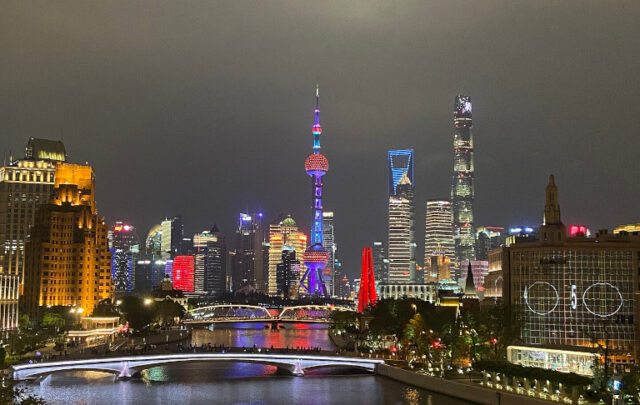We have a new report from Warren Karlenzig, who just toured Japan with a United Nations group. As the founder of Common Current, Warren advises city and national governments on sustainability. He’s a Fellow of the Post Carbon Institute.
We can’t get to the impact of the nuclear accident, or Japan’s exciting prospects for green energy, without first giving respect to the people who live with the tragic loss of more than 20,000 lives, of whole towns, and a large part of the country. Warren gives us some insight on how people in Japan are handling unimaginable stress.
Are there immediate lessons we can learn about surviving a large-scale disaster? How much help comes from government, and how much from self organization by the citizens?
One of the hot button issues in Japan is the national government’s plan to redistribute tsunami wreckage, including material contaminated with radioactive waste, all over the country.
With almost all nuclear reactors out of service, how are the Japanese dealing with the lack of energy? Fifty two out of fifty four reactors were out of service when Karlenzig toured Japan, and the 53rd was shutting down the day of our interview.
The Japanese are scambling to import more LNG (Liquified Natural Gas) – and burning more coal – but there is still a massive energy short-fall.
It turns out their response could be very close to our future – as oil becomes too expensive for most uses, if we can get oil at all.
The Japanese were either not heating buildings, or just keeping the pipes from bursting, while wearing winter coats inside. For a special meeting, a kerosene heater was brought in. Only the most necessary energy was used.
Karlenzig says the sudden failure of the Japanese energy supplies is comparable to a peak oil shock.
You can follow Warren at commoncurrent.com.
There an opportunity in Japan to rebuild new green cities and towns. Two cities have proposed “smart growth” models. One is pursuing ideas for renewable energy, and zero emissions. Find the details, and photos from the tour of Japan, in Warren’s blog article here.
http://www.commoncurrent.com/notes/2012/03/japans-green-renewal-after-th…
This reminds me of the astounding Japanese recovery after World War Two. Most cities were flattened, and energy was in short supply. Yet Japan rebounded with new factories, new technologies, and more efficient production.
But there are still major roadblocks to recovery in the region hit by both a tsunami and a triple nuclear melt-down. For one thing, young people were already leaving the central East coast region, which was known mainly for tourism, fishing, and agriculture. Young people were going to larger cities, seeking more modern employment.
This disaster has made the youth drain much more serious. With no work, hardly a place to live, and few prospects, many of the young people needed for rebuilding have left.
Warren raises another challenge. Japanese society tends to organize with male administrators. Women, and the elderly, did not attend most planning meetings, and appear not to be consulted about the new vision for a future. Karlenzig says experience shows real community planning has to involve everyone, with meetings, questions, and working through the process. That is not happening in Japan, yet.
I was suprised to learn that after one year reconstruction has not yet begun! One reason is shocking: the land has not yet settled enough to rebuild. Many parts of the Eastern coast are still sinking. Land is sinking anywhere from a few inches, to several feet. With continuing aftershocks, in fact with a wave of serious earthquakes ranging over 6.0 still happening, things are not yet settled for rebuilding.
One personal note: Warren Karlenzig was offered home-made meals with organic food. But should he eat things grown in a radioactive area? All the tour members were concerned. One official told Karlenzig the local mushrooms were much more radioactive than Tokyo was admitting. There are reports that rice, the staple of Japanese food, is also contaminated.
The simple act of eating can feel threatening, after a nuclear accident.
Be sure and listen to this interview with sustainable cities expert Warren Karlenzig. Keep track of Warren at commoncurrent.com.





